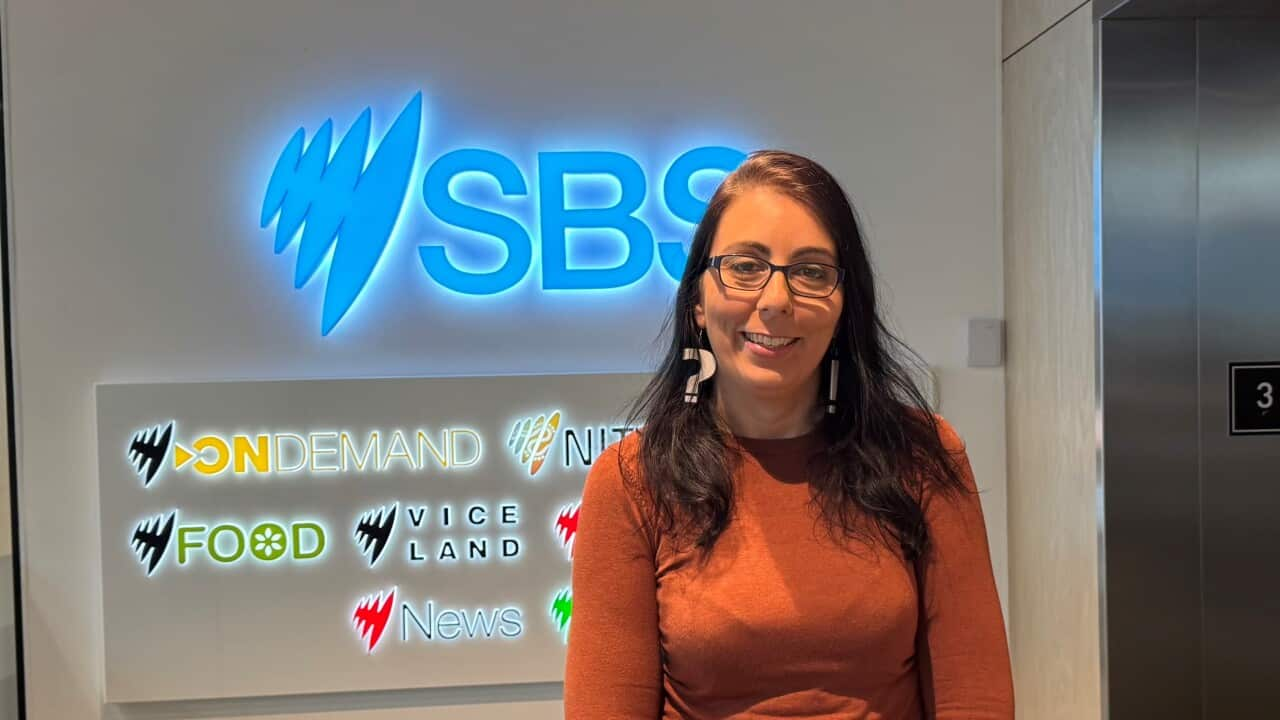The true extent of the coronavirus pandemic on Australia's labour market is still being assessed, with a record 600,000 jobs lost in April.
Emma King from the Victorian Council of Social Services says many Australian are struggling to deal with the impacts.
"It hit and it hit really hard, and I think nothing spoke to that more than you know, the lines that were circling around Centrelink, of people who were terrified, for many of whom just didn't think they would find themselves in this situation, and feeling really scared about how do you pay the bills?" she said.
But a new study by policy think tank, the Mitchell Institute at Victoria University, has found children are enduring the worst of the impacts.
The COVID-19 Employment Stress and Student Vulnerability in Australia report reveals the number of children affected has more than doubled as a result of the pandemic.
The report found an additional 780,000 children - an increase of 130%, based on a comparison of 2020 data with 2016 data, are likely to be experiencing the impacts of living in a household where the parents are in employment stress.
Report author Kate Noble says the effects on children are significant.
"We're obviously experiencing a really unprecedented shock, which is resulting in a whole range of stresses on families and people right across the boards. So, children in particular have had their worlds really turned upside down. Many of them have been temporarily disengaged from school. You know their routines and their stability has been completely upended. So, the added stress of employment stress within the family is likely to have a significant effect.”

Ms Noble says employment stress increased by nearly 400 per cent in some areas close to Melbourne, such as the Kinglake region.
Parts of suburban Sydney such as Sutherland, Pittwater, Rouse Hill and Cronulla and inner-city Brisbane experienced spikes of more than 300%.
But Ms Noble says places outside metropolitan areas are also experiencing job-related anxiety.
"Some of the outer suburban areas of major capital cities have been particularly hard hit, but also regional areas outside of capital cities where parents are more likely to be working in jobs that are affected by COVID-19 shutdowns. So, we are looking at really heavy impacts right across the board nationally, but particularly heavy impacts in some of those areas."
In addition, the report found a strong correlation between children’s learning and development outcomes, and parental employment status and also found that children in families undergoing job loss are about 15 per cent more likely to repeat a grade.
"The reality is they're not really equipped to adequately deal with such a massive upsurge in student vulnerability in such a short amount of time. What we're likely to see as schools get back to you know operations almost as usual, that's going to make a difference for a huge number of children and they'll start to regain a sense of stability and security and re-engage in their learning pretty quickly, but that's not going to happen for all students. So we really need to make sure the mechanisms, and the funding and the support are in place to allow schools to support that role." Said Mrs Noble.
Adolescents are especially vulnerable. The study shows they present a higher possibility of leaving school early and not attending university if they have an unemployed parent.
Emma King says there needs to be a strategy beyond September, when the government's wage subsidy scheme ends.
"The worry here is that it has got a very very long tail. We know that there's some support in place at the moment around Job Keeper and Job Seeker, but that support is due to end around September and I don't know what people are going to do at that point in time."
Press Play to hear more in Greek.





